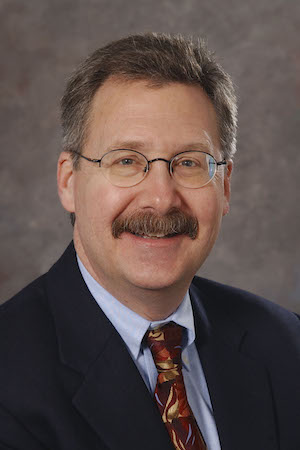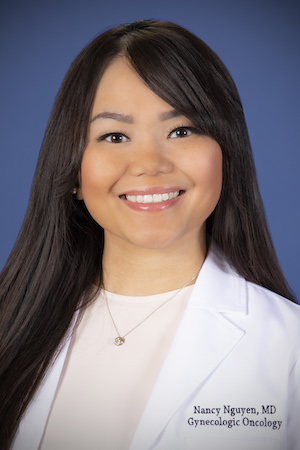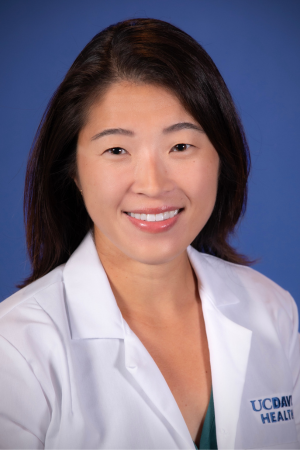Gynecologic Oncology
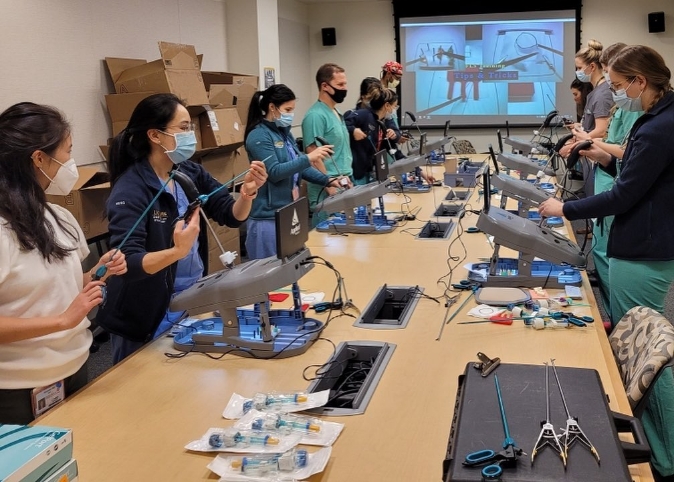
Gynecologic Oncology
Overview
The fellowship training program in gynecologic oncology at the UC Davis Medical Center is a three-year program that includes 24 months of clinical training and 12 months of mentored focused research. There will be one fellow accepted annually into the program, with a total of three fellows. The clinical training includes instruction in gynecologic cancer surgery and complex benign surgery, under the direction of the members of the Division of Gynecologic Oncology.
Each fellow will complete four months of clinical training in areas outside the core Gyn Oncology rotations, including medical oncology, radiation oncology, a surgical oncology hybrid rotation, palliative care, and the surgical ICU. The twelve months of research experience will have either a basic science research focus or a clinical research focus, with intensive mentorship in either area.
One of the strengths of the program is a fellow continuity clinic, giving the fellow the experience of managing patients, making therapy decisions, and managing toxicities directly.
Mission
To train outstanding clinicians, surgeons, educators, and researchers to become leaders in the field of gynecologic oncology, embracing the tripartite mission of patient care, research, and education with a strong clinical base as the foundation for a successful career committed to patient care.
Program Goals
We aim to train:
- Excellent surgeons, independently competent in the breadth of complex surgical procedures a gynecologic oncologist should be able to perform including open, laparoscopic, robotic, and vaginal surgery.
- Outstanding clinicians with an expansive knowledge of tumor biology, the principles of gynecologic malignancies, treatment, and associated medical conditions.
- Oncologists with a strong understanding of chemotherapy drugs including standard cytotoxic chemotherapy, targeted and experimental agents, with an understanding of the indication, mechanisms, administration, expected response and toxicity to such agents.
- Physicians competent in the principles of palliative care and able to communicate effectively with their patients about goals of care and end of life issues.
- Compassionate providers who can recognize patients as people, put patients’ needs ahead of their own, exercise ethical practice, and utilize systems based learning to continue to improve the care of patients and move the field of gynecologic oncology further ahead.
- Gynecologic oncology educators, committed to training including the next generation of gynecologic oncologists, expanding the knowledge of their staff and allied health professionals, and providing their patients with an understanding of their disease and health related conditions.
- Physicians who recognize the importance of continued lifelong learning, with a commitment to staying current in practice and the related literature as the field moves forward.
- Oncologists with an appreciation for research, either in their own academic careers as clinician scientists, or with an appreciation for and understanding of ongoing investigation that allows critical interpretation of the literature and application to patient care.
- Gynecologic Oncologists that are excellent in practice but also recognize their own limitations and know when to ask for help.
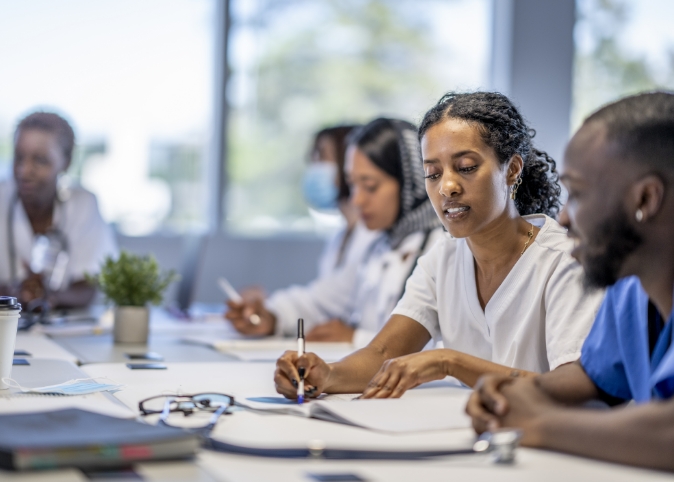
Application Information
Applicants interested in applying for the fellowship training program in gynecologic oncology can submit their application through the ERAS website.
In addition to the ERAS application, applicants are requested to send copies of CREOG scores directly to Shea Hazarian. This program requires a minimum of three letters of recommendation. If a rotation was completed at MD Anderson or Memorial Sloan-Kettering and that letter is not included as one of the letters of recommendation please send that to Shea as well.
The UC Davis Gynecologic Oncology fellowship starts on August 1 and will conclude three years later on July 31.
We will be accepting applications starting in December 2024 for the 2026-2027 academic year. The program will adhere to the SGO common program dates.
- Application deadline: Monday, April 7, 2025
- Interview invites will be sent: Monday, May 5, 2025
- Interview dates: July 21, July 28, and August 4, 2025
Individuals interested in obtaining additional information should contact:
Shea Hazarian, M.P.H.
916-734-1039
sahazarian@ucdavis.edu
Training Location
The primary location for the program is at the UC Davis Medical Center in Sacramento, California. The Division of Gynecologic Oncology also provides services in the Northern California region that extends north to the Oregon border, south to the San Joaquin Valley, east to Reno, Nevada, and west to the Bay Area. All Division members are on the faculty of the UC Davis School of Medicine.
The fellows also spend 1-2 days a month during their clinical years at San Joaquin General Hospital alongside UC Davis faculty, and the senior fellow spends one day a week at Kaiser Sacramento.
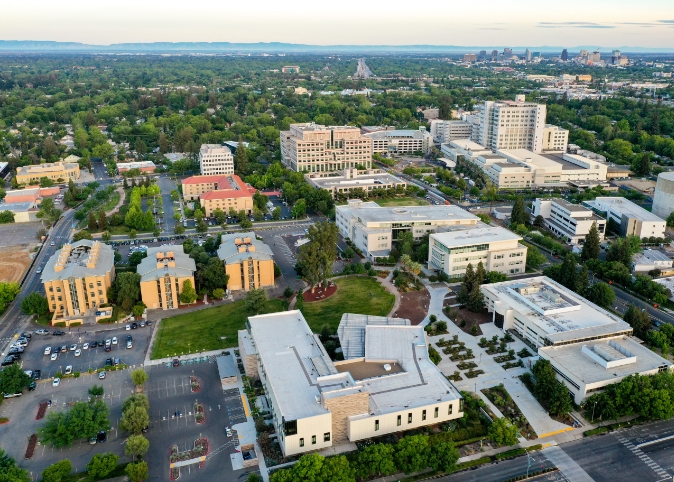
-
Rebecca A. Brooks, M.D.
View profilearrow_forwardDivision Director, Gynecologic Oncology
Fellowship Director, Gynecologic Oncology
Associate Professor -
Gary S. Leiserowitz, M.D., M.S.
View profilearrow_forwardProfessor and Chair, Obstetrics & Gynecology
Diversity
The UC Davis Gynecologic Oncology Fellowship values having trainees with a diversity of thought, experience, and perspective. Care is taken to interview candidates who come from a variety of backgrounds. The Office of Graduate Medical Education supports Inclusive Excellence and Equity with all fellowship and residency programs to create a climate of belonging and equity.
Sacramento is one of the most ethnically and socially diverse cities in America, and the large rural catchment area of UC Davis Health includes many critical access areas serving patients with complex needs and low resources. Throughout your training here you will learn to care for patients from around the world and prepare yourself to provide quality care to those who need it.


